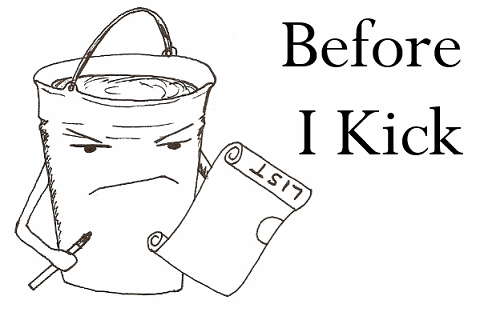List Item: Watch all of the “1001 Movies You Must See Before You Die”
Progress: 576/1007
 Title: The Big Parade
Title: The Big Parade
Director: King Vidor
Year: 1925
Country: USA
Before I get into this film I just want to meditate on the fact that someone decided to name their child “King”. I had always assumed that King Vidor (like director Charles Vidor) was Hungarian and so his name will have meant something different. No, he’s an American man whose parents gave him a regal forename. As a former teacher I have seen a number of kids walking around with acts of child abuse for a first name… but somehow “King” feels like a league of its own.
Anyway, to the film!
The Big Parade is one of the most financially successful movies of the silent era (I believe the title of most successful belongs to Birth of a Nation make of that what you will). It stands as a landmark in war movies since, despite being released 7 years after the conclusion of World War One, it is decidedly not gung-ho about things. Instead there is an almost optimistic honesty about the whole proceedings whilst also having the main characters go through some of the horrors of war (probably the most famous being a leg amputation).
Having seen this film after Academy Award winners Wings and All Quiet On The Western Front it is clear to trace the line of influence back to The Big Parade. Wings still beats The Big Parade when it comes to a singular tragedy though (that final goodbye scene is still burned into my brain). Then again this really isn’t a competition to see who can be the most tragic…
One thing that’s really interesting, for me, was how this film depicted the warfare. It’s actually a very long time before we see any actual war in this war film. There is the majority of the romance sub-plot before any shots are really fired. The romance between the lead and the French girl Melisandre (who is sadly not a priestess worshipping the Lord of Light) is actually quite sweet and the way that the language barrier between them is told using the intertitles was spot on.
The war itself, whilst not as bitter and hellish as in All Quiet On The Western Front, does still get across the barbarity of trench warfare. It is just that, as I meantioned earlier, optimistic streak permeating through. Even when they have to have a spitting contest for the sake of survival you still have that first hour in your head.
The Big Parade is one of those movies that modern war films could learn a lot from. I get that, as a society, there is this need for some war films that either glorify it or are overly gung-ho. It helps us deal with the atrocity in a way that can be stomached. However, it’s films along the lines of The Big Parade that stick in the annals of film history.













